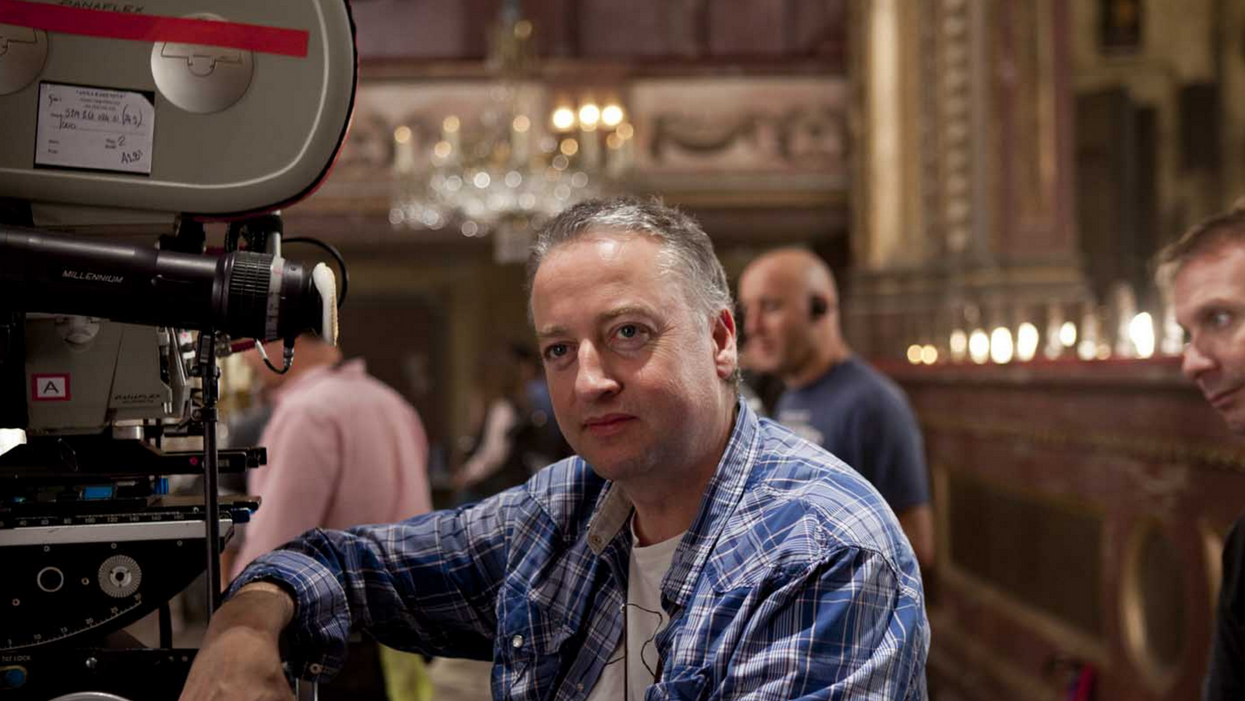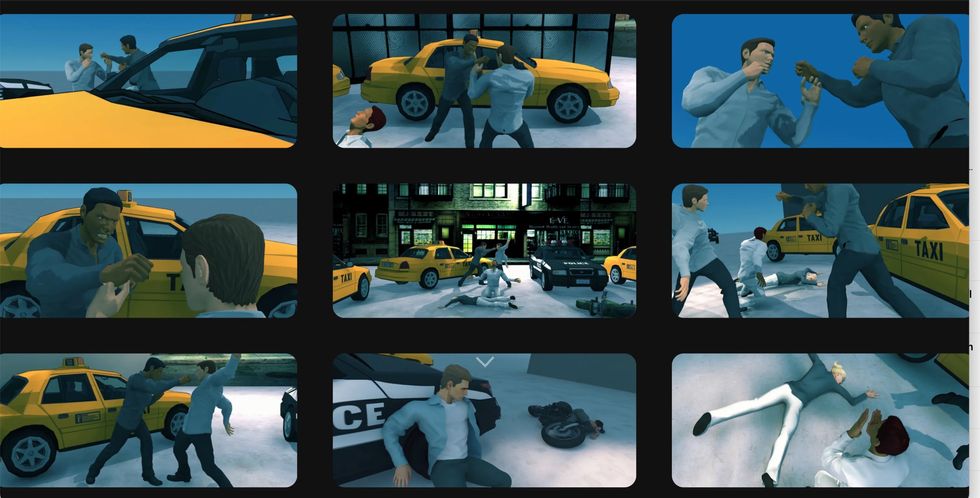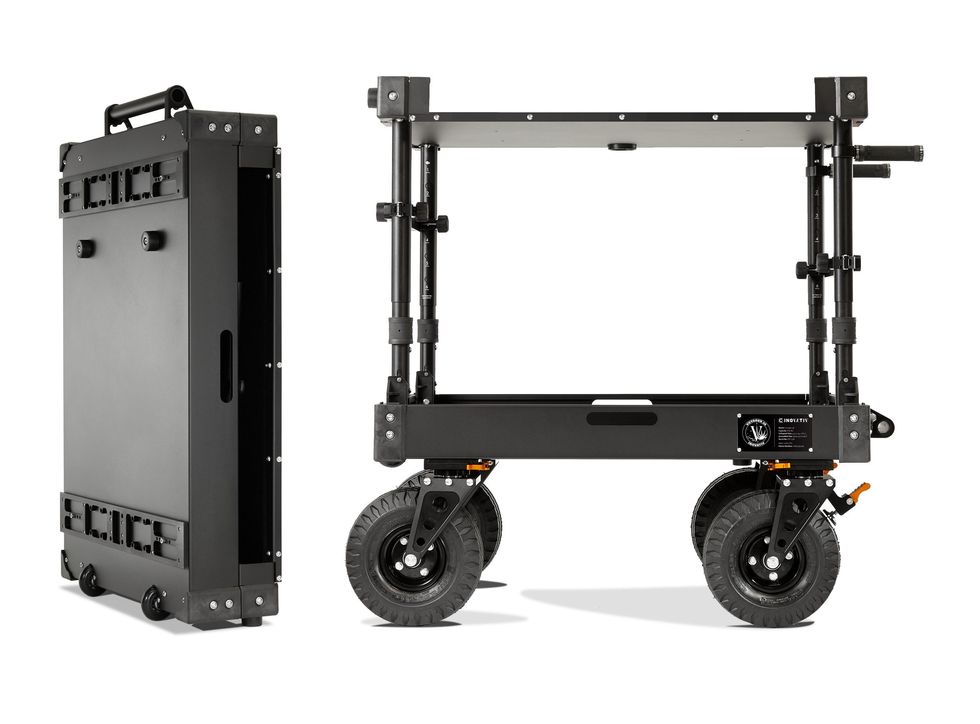'When You Labor Over Pixels, You're on a One-Way Track to Oblivion'
In a recent interview with Billy Campbell from Blind Spot Gear, world-renowned cinematographer Seamus McGarvey shared his thoughts on the art, process, and technology behind bringing images to the big screen.

In case you need a refresher on McGarvey, he's one of the few working DPs who seamlessly jumps between the highest levels of the film industry and the small, intimate narratives and documentaries with tiny budgets. In recent years, he's not only lensed some of the highest budget films around, including The Avengers and Godzilla, but he's also shot handfuls of documentaries and independent films, most notably We Need to Talk About Kevin. He's even been nominated for a pair of Oscars for his work on Atonement and Anna Karenina, both of which he shot for frequent collaborator, Joe Wright.
In the interview, which Blind Spot is releasing to promote their Kickstarter campaign for the Tile Light, McGarvey shares a good deal of wisdom, including how his mindset shifts when he switches from blockbusters to indies, why focusing too much on technology and gear is a losing battle, and why cinematographers need to view the world through the eyes of an artist.
The most poignant bit of this interview is McGarvey's statement on why gear really isn't as important as it's often made out to be:
"When you labor over pixels and how many K's a particular camera has, you kind of get lost on a one-way track to oblivion. Much more important are the things that never change: light, character, the issues you're trying to portray."
The idea here is that cinematography is an art form, and that treating the tools of the trade with more reverence than the person behind the lens is a recipe for disaster. Of course, no one is arguing that gear is unimportant. It's absolutely a critical part of doing the job. However, as McGarvey says in the interview, the best material that he ever shot came from a short flashback scene in We Need to Talk About Kevin, a scene that he shot spontaneously on a Canon 5D with a 50mm lens without any additional support gear. Coming from someone who has shot with the best cameras and lenses that money can buy, that's an incredibly illuminating sentiment.
Here's another quick video of McGarvey talking about his relationship with technology, which comes from the Global Cinematography Institute:
One other hilarious tidbit from this interview is McGarvey's comment about the five-minute Steadicam shot in Atonement, which has since gone on to become one of the most famous long takes in cinematic history. Even though he and the director had planned and storyboarded that scene to be shot similarly to the rest of the film, small windows of available light at their location forced them to rethink how it would be shot. In regards to how he felt at the time about doing it in a single take, McGarvery said, "I thought that would be a flatulent peacock of a shot." After the film came out, however, that shot in particular helped him earn his first Oscar nomination.
It just goes to show that even the best-laid plans can end up by the wayside when shooting a film, and how, with some creative problem solving and improvisation, the results can be even more compelling than they would have been otherwise.
As a quick reminder, Blind Spot Gear's new Tile Light is currently funding on Kickstarter, so if you're interested in grabbing one for less than retail price, now is the time to do it.
Source: Blind Spot Gear




















